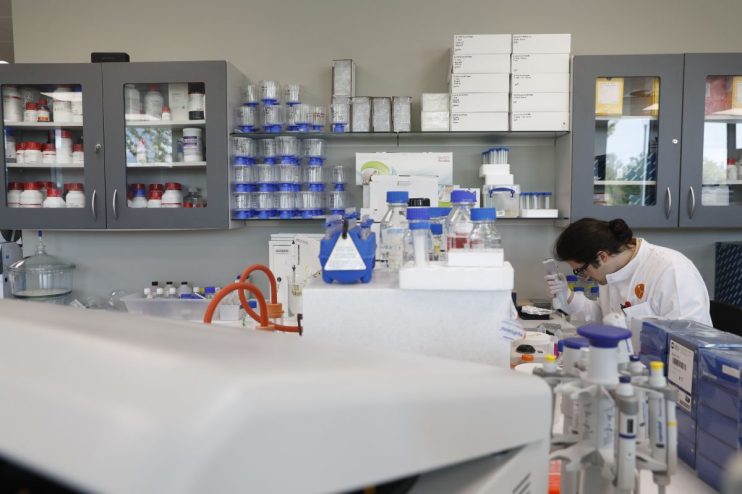Seed stage science fund bags £29m government funding boost

A seed-stage science fund run by London venture outfit Future Planet Capital has bagged a £29m funding boost from the government today to pump into early stage life science firms.
The 20-year old UK Innovation & Science Seed Fund (UKI2S), run by FPC, has secured the new injection from the UK Research and Innovation (UKRI) and the Ministry of Defence (MOD).
The fresh capital takes the total size of the fund to over £102m and comes as it gears up for a funding splurge into early companies across the life science, healthtech and climate industries.
In a statement, science minister George Freeman said the money would be used to spur investment into areas like “new cancer treatments and technology to identify antimicrobial resistance.”
Backing from the MoD is also likely to signal a ramping up of defence and security innovation spending. Investment into the sector has surged in the past 12 months as nations look to bolster defence in the wake of war in Ukraine.
UKI2S has invested some £30m in over 90 firms, with return of more than £700m in private sector investment, according to the company’s own numbers.
The new government backing for the fund comes as ministers mount an offensive to try and turn the UK into a “science and tech superpower” with a range of funding for tech and innovation initiatives.
Rishi Sunak rolled out plans to earlier this year with promises to tempt in the best global tech talent and deliver a state-backed £370m investment boost.
However, the plans have come under fire from the industry over lightweight financial backing and a series of blows to innovation in the UK.
Ben Clark, director of Future Worlds, an on-campus startup accelerator at the University of Southampton, told City A.M. at the time the cash commitment was “a drop in the ocean”.
Ministers have also been warned today that delays in joining the European Union’s research and innovation scheme have “damaged the UK’s reputation” in the life sciences field, with scientists “finding it much harder to bring the brightest and best into their labs”.